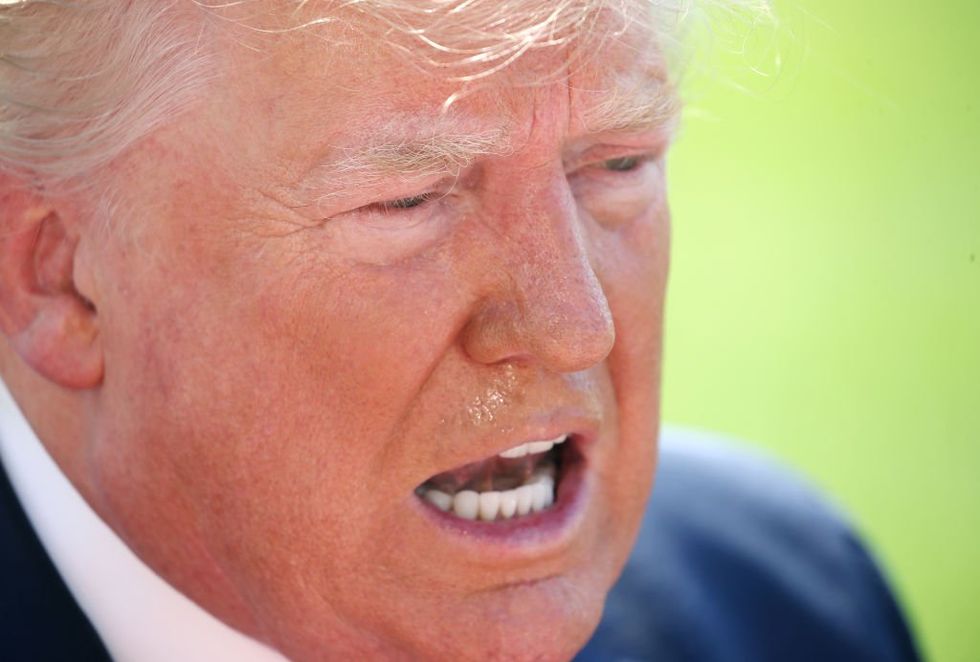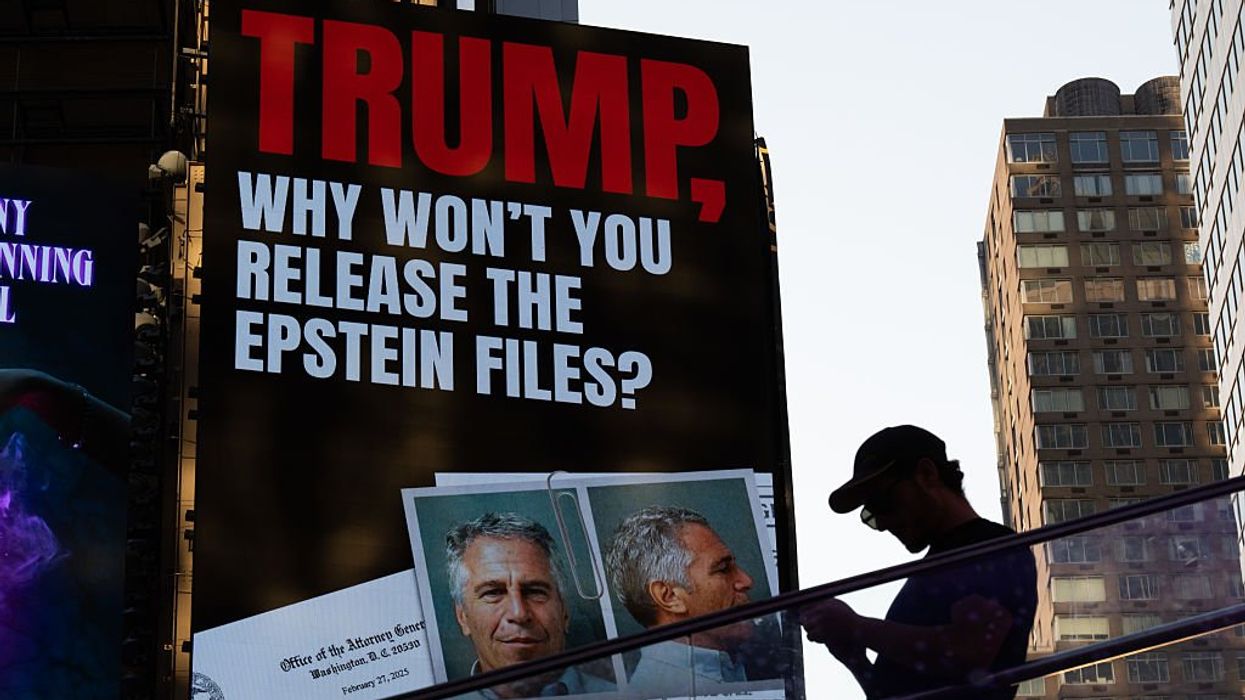In May 2025, Attorney General Pam Bondi reportedly informed President Donald Trump that his name appeared multiple times in the government’s files related to Jeffrey Epstein, the late financier convicted of sex trafficking. The revelation, confirmed by sources cited in The Wall Street Journal and CNN, has reignited public scrutiny over the administration’s handling of the Epstein case and its broader implications for democratic transparency.
The new reports contradict an account given earlier this month by the president, who responded "no, no" when asked by a reporter whether Bondi had told him that his name appeared in the files.
Not surprisingly, the response from a White House spokesman to the increasing controversy was labeled as a "fake news story."
The Epstein files are a trove of federal documents, including flight logs, communications, and investigative materials tied to Epstein’s criminal activities. While being named in these files does not imply criminal wrongdoing, the presence of high-profile figures—including Trump—has fueled demands for full disclosure.
During his presidential campaign last year, Donald Trump pledged to release files related to Epstein.
Since then, frustration has mounted among his supporters over the administration’s handling of the matter—particularly its failure to disclose the rumored “client list” allegedly tied to Epstein’s network. Earlier this month, however, a joint memo from the Justice Department and the FBI stated that no such list exists, challenging long-held speculation and fueling calls for greater transparency.
Polls show that only 17% of Americans approve of Trump’s handling of the Epstein files. Even among his supporters, there’s growing frustration over the administration’s reluctance to release more documents. Critics argue that withholding information undermines public trust and contradicts Trump’s earlier promises.
Why It Matters
The controversy underscores a broader tension between government accountability and political damage control. For many, the Epstein files represent a test of whether powerful individuals can be held to the same standards of transparency as ordinary citizens. As calls for disclosure grow louder—including from victims’ advocates and bipartisan lawmakers—the administration faces mounting pressure to act.
When officials prioritize image management over truth-telling, they may obscure facts, shift blame, or exploit media cycles to minimize fallout. Strategic messaging isn’t inherently bad—but when it replaces substance, it can erode trust and confuse voters about what’s actually at stake. Political damage control can protect institutions from chaos, but overused, it insulates power from responsibility.
Citizens can’t make informed decisions if public officials operate in secrecy or sidestep scrutiny. Accountability ensures policies and actions are visible, debatable, and correctable. When leaders disclose conflicts of interest, respond to investigations, and accept oversight, it signals to the public that governance is in service of people—not power. Mistakes or misconduct don’t have to be the death knell of democracy. Accountability creates the conditions for repair, apology, and reform.
Ultimately, true democratic resilience stems not from flawless governance, but from the willingness to confront flaws openly.
SUGGESTION: MAGA Tension Over Why Hasn’t Trump Released the Epstein Files
 U.S. President Donald Trump at the White House, Washington, DC. (Photo by Mark Wilson/Getty Images)
U.S. President Donald Trump at the White House, Washington, DC. (Photo by Mark Wilson/Getty Images)
Hugo Balta is the executive editor of the Fulcrum and the publisher of the Latino News Network.




















